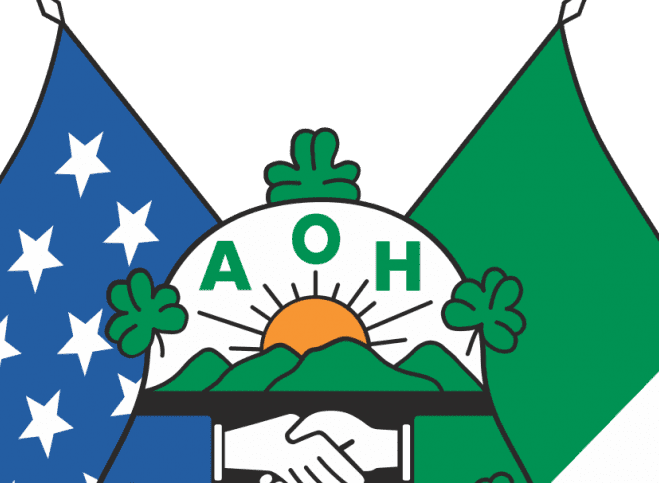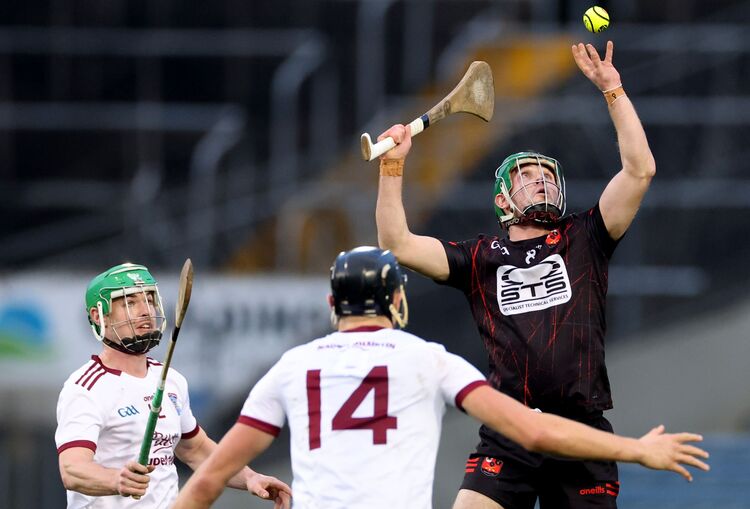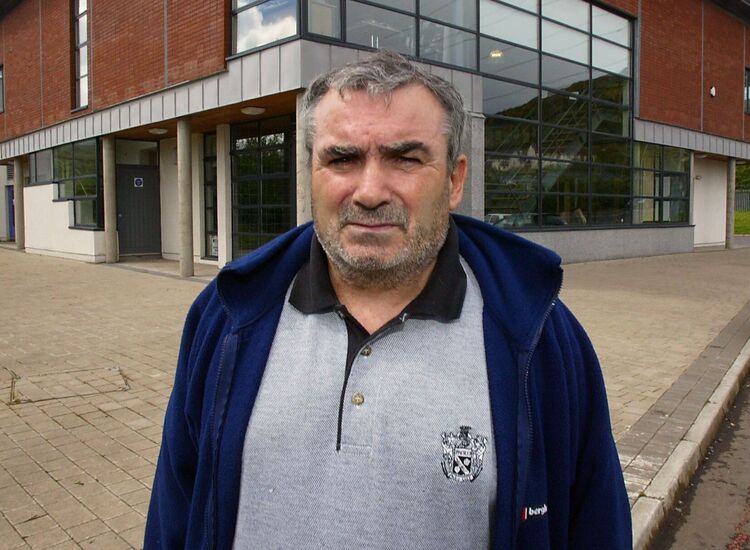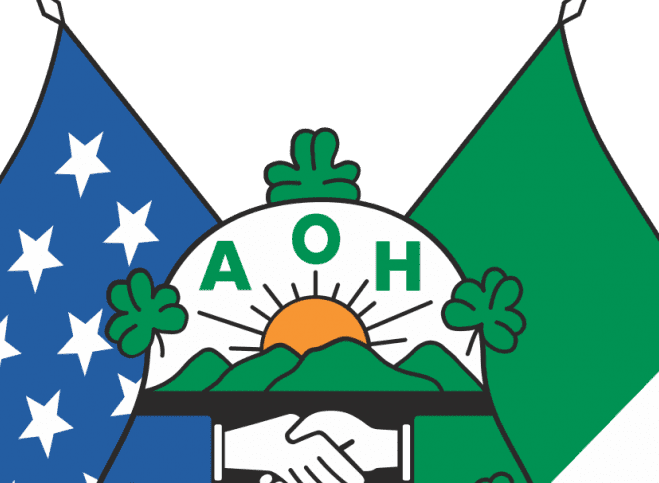Irma Rivera grew up in the East Village of Manhattan in a Puerto Rican family, was schooled in the City, and joined the ranks of the NYPD in 1982 at the age of twenty. Rivera-Duffy overcame her own timidity and the daunting streets of New York to establish herself as one of the most capable and respected detectives on the job. She also fell in love with an Irish-American cop, and their union provided her with an appreciation of Irish people and culture that she blended with her own proud roots. In so doing Rivera-Duffy forged a new link in the Long Blue Line, a New York hybrid that brings a dash of adobo to the stew.
Rivera-Duffy is a daughter of islands, born on Manhattan Island to a mother from the Island of Vieques and a father from the main island of Puerto Rico. She has also come to embrace the island of Ireland, and has come to be embraced by the Irish in return. Growing up in the Jacob Riis Housing Projects at times also felt like being on an island, as the violent streets swirled outside and her parents isolated her from them by severely restricting her time beyond their apartment. Ironically, it was her desire to spend more time outside on the streets that fueled her drive to become a cop, a dream she nurtured since the fourth grade when she found a role model in a local policewoman.
Her young life was very difficult. Her father, a Merchant Mariner, was often away from home. At such times, the family was often short of necessities, and what was to be had for dinner was an ever-present question. When he was not at sea, the family was not short of food, but he could be distant and stern. Still, Rivera-Duffy credits him with fostering in her a work ethic and toughness of mind that has served her well in life. Her mother, with no formal education, insisted that her children would be educated, and Rivera-Duffy, with a keen mind and inquisitive nature took advantage of every educational opportunity that came along. Still, the streets surrounding her teemed with drugs and violence, and many of her contemporaries and friends fell victim to those dangers.
Rivera-Duffy, however, was determined to rise above her environment. She began working at the age of 14, and has been working since. When she was sworn in to the NYPD, she was assigned to the 23rd Police Precinct in Spanish Harlem. She adjusted herself to the life in a fish bowl that is the lot of the uniformed patrol officer. An attractive woman, she was known on the street as "Flashdance" due to her resemblance to Jennifer Beals, and very quickly understood that she needed to overcome her reserved nature and assert herself. Once she got comfortable in her new role, she began to establish a reputation as an active and savvy officer. Having an intuitive understanding of the urban landscape, she always seemed to be in the right place when a collar needed to be made. Her first step into the detective's realm was her assignment to the Robbery Identification Program. From there she did not look back. She served an extended stint in the heart-rending Sex Crimes Unit, where she displayed her compassionate nature and dedication to special victims, particularly children. She ultimately was assigned to the Manhattan South Homicide Squad, where she earned the highest designation in the rank of detective, Detective First Grade.
Billy Duffy is currently a Captain of Police in the NYPD. He is also Irma Rivera-Duffy's husband, with roots in Roscommon, from whence his mother immigrated to the United States. Duffy grew up in the Kingsbridge section of the Bronx with a family history of police service. Rivera-Duffy met Duffy on the job. They began dating, and after a long relationship and engagement, married and had two children, Billy and Daniela. Duffy introduced Irma to his mother, and an interesting new relationship developed between the women, one based on mutual respect and love. Rivera-Duffy's future mother-in-law was not thrilled at first that her son's girlfriend was not Irish, but came to an understanding of how well suited for each other the couple was, and put her reservations aside and fully embraced the union and particularly the grandchildren that followed.
Rivera-Duffy has spent much time in Ireland, having visited often. She is very fond of her extended family in the West of Ireland, and the affection is returned to her, the New Yorican cousin.
What was it about your role model, the female police officer in your neighborhood that inspired you to become a cop?
I never knew there were females cops until I saw her at my school. I then wanted to become a cop. I also met Donny Boyle from the 9th Pct. when I was in Junior High and always used to tell him I wanted to be a cop. When I went to the academy he was an instructor there and was happy to see I made it. My 7th grade gym teacher Bruce Serowic also became a cop and when I came on the job I saw him at court. He said he felt old because he was my 7th grade teacher. He was happy that I became a cop. When I was in 8th grade I wrote a report on the NYPD and met Jimmy Smith, who was a well known physical education instructor at the Police Academy. When I went to the academy he remembered me. We became friends and I would often go to the academy on my days off to play racquet ball with him. I still speak to him once in a while.
Did you have difficulty adjusting yourself to life in the NYPD?
At first dead bodies bothered me. I had a weak stomach for the stench and junkies grossed me out. I also felt sorry for the elderly and for poor people. This was kind of a weakness at first. I adjusted well to the precinct environment because I grew up with boys so I got along well with the guys at work. I like to laugh and always tried to get partners who were funny. I was naïve at first and I remember that often the old timers would put me on, especially a big tall Irish guy called Duke.
Do you recall any particular case in your career that you are glad to have had the opportunity to have worked?
Many of the child abuse cases I felt good working on. I liked the kids but I tried not to talk to them after the case was done. I always felt like it was a bad memory for both me and them .
There have been many comparisons between Ireland and Puerto Rico, small islands near powerful neighbors that were able to maintain their respective identities in the face of adversity. What in your mind is similar? Where do the two islands and peoples differ?
I think there are a lot of similarities especially with the religion and family ties. The biggest difference is the weather! I think in all cultures many people are the same. Also for some Irish like Spanish everything is a secret. I hate that. My mom yells at me when I say we were poor. I tell her who cares,it's the truth. At least we overcame it.
Do you prefer salsa or ceili dancing?
Salsa.
What do you enjoy most about your visits to Ireland?
I like visiting the farm. When I first started going over, it was new and very interesting. But the last time I went to Ireland, I snuck away to visit Spain!
Do you have any regrets about your profession? Would you want your children to follow in their parent's footsteps?
None at all. I tell my kids they can become cops if they like. It is a good job, and you can retire still young and work at something else. If they wanted to, I would not mind.









